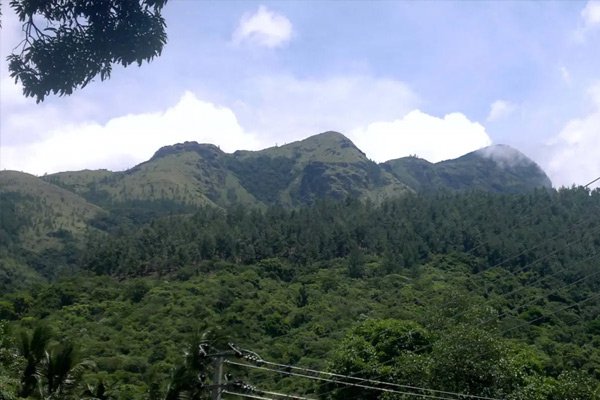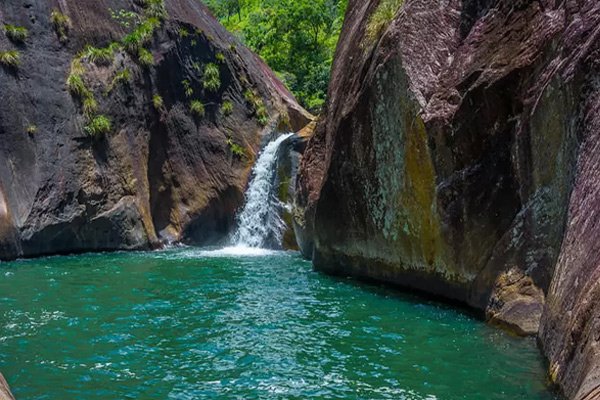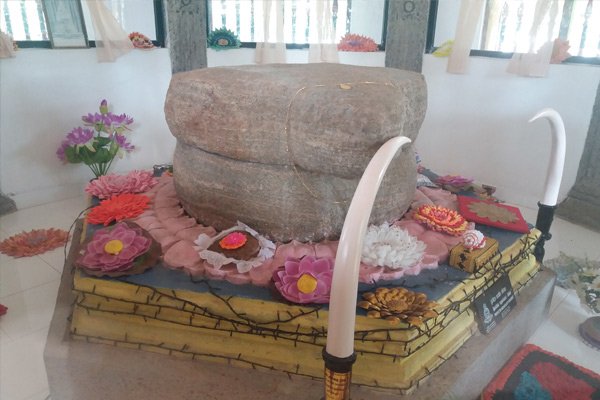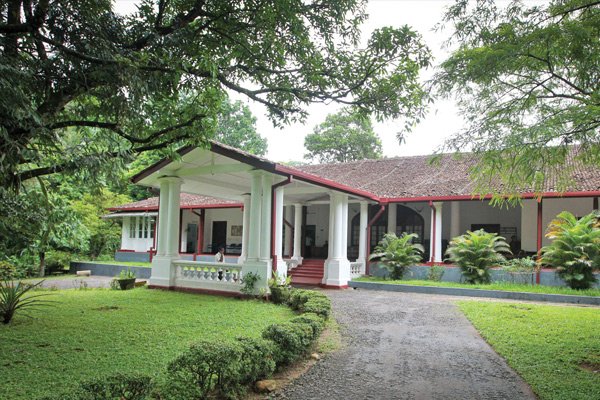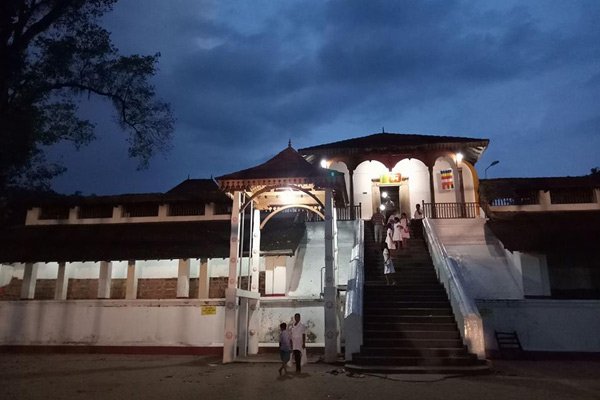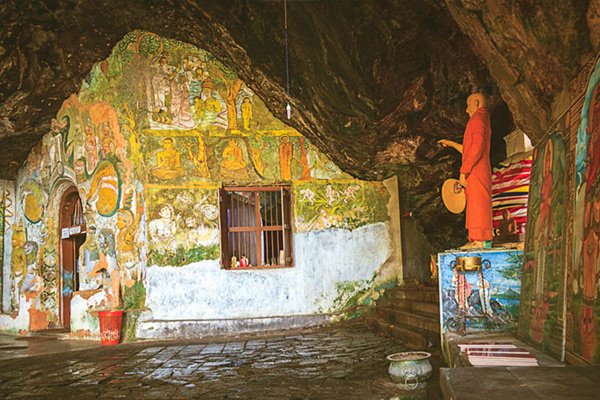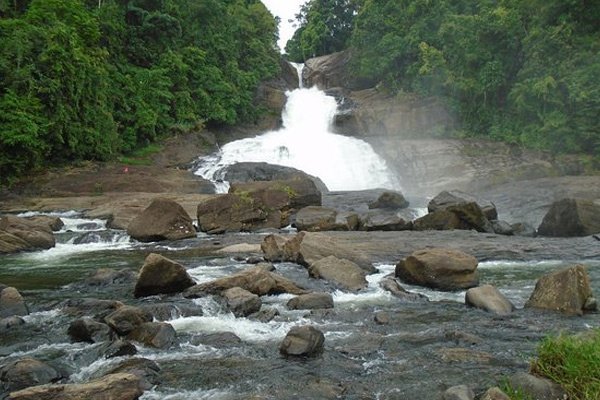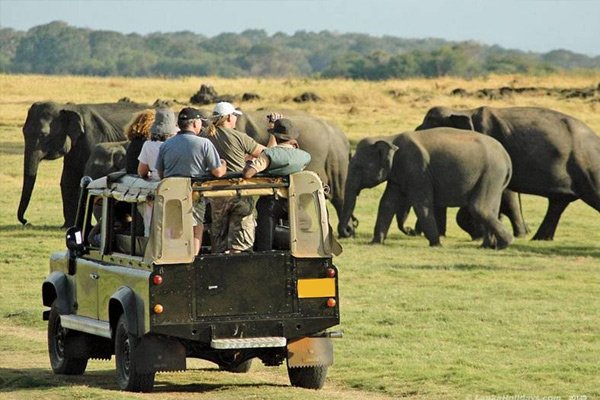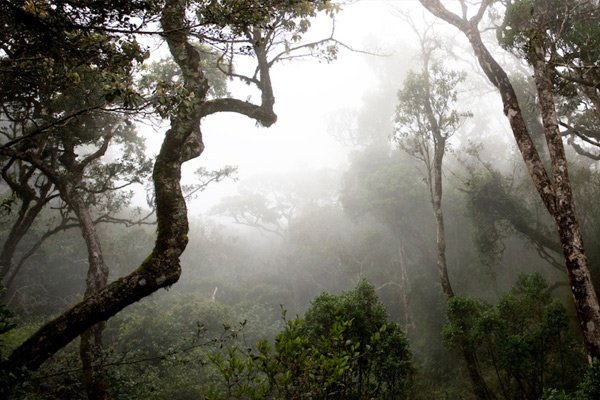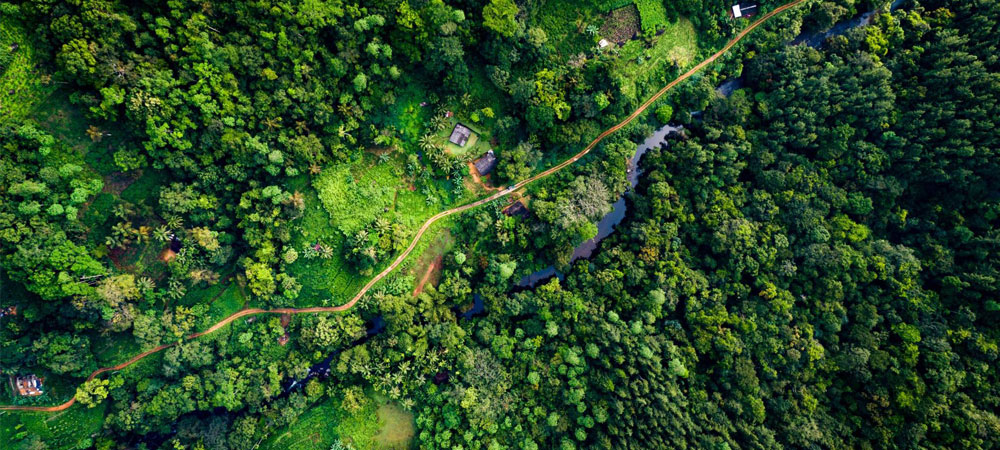
Ratnapura is a major city in Sri Lanka. It is the capital city of Sabaragamuwa Province, as well as the
Ratnapura District, and is a traditional centre for the Sri Lankan gem trade. It is located on the Kalu
Ganga (Black River) in south-central Sri Lanka, some 101 km southeast of the country's capital, Colombo.
The place is also home to some scenic spots and waterfalls that you would love to visit on your Ratnapura
trip.
Colombo to Rathnapura distance 113.8km







